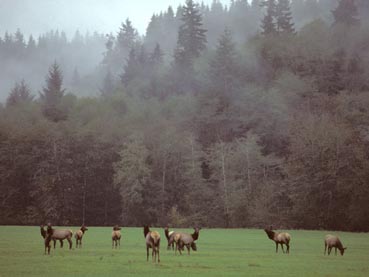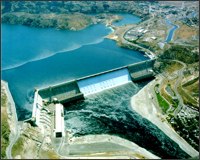
This image came from http://www.franckfotos.com

This image came from http://www.ozones.com

This image came from http://www.jqjacobs.net/
GENERAL OVERVIEW Media allows us to examine the paradoxes of America, including the ability to generate great wealth yet have significant poverty, the ability to enjoy freedom yet endure social and environmental oppression, and the ability to have strong governmental protection of natural resources yet still have serious environmental degradation. We will see how media shapes our perceptions, knowledge, and decision-making about these paradoxes. In addition to thematic and disciplinary content, the program will develop essential college-level skills. Faculty will promote skills in critical thinking, writing, quantitative reasoning (statistics and geographic information systems), public speaking and presentation, seminar interaction, and field study methods. Media skill building will focus on data gathering, reporting, and news writing for print and audio publication. We will take two field trips to sites in Western Washington. Students will travel in vans, participate in activities, write field journals, and learn to prepare reports that rely on field experiences, oral interviews, and reading. These trips will illustrate first hand topics discussed in class.
This image came from http://www.nwcouncil.org
|
| updated: 11/01/2005 |
